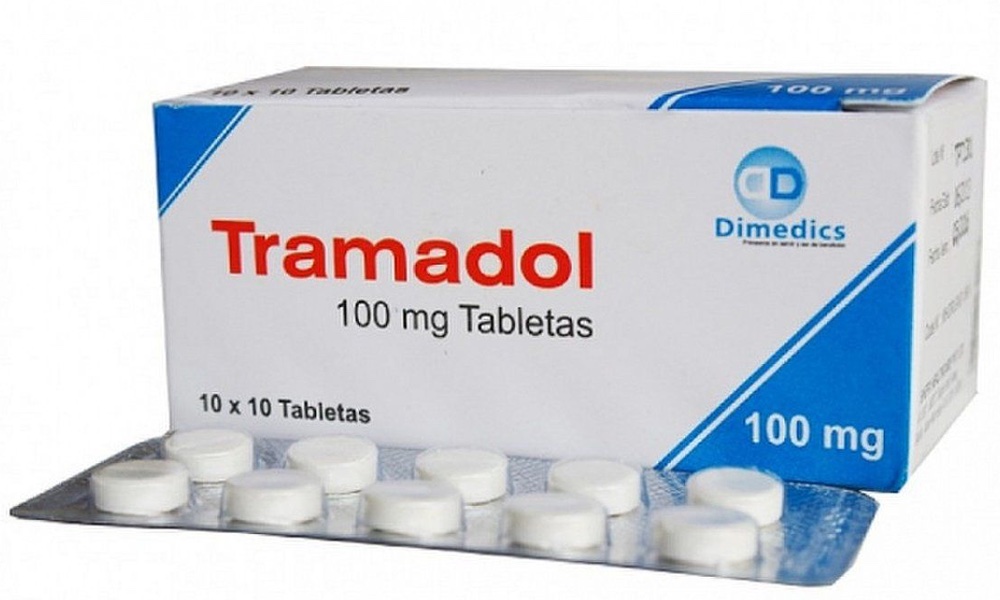Parents hoping to get their kids off to a good start this school year could begin by making them some eggs before they head out the door. There's a double benefit to breakfast — what teens eat for breakfast may affect their ability to manage their weight. It can also make it easier to focus at school.
Teenagers are bad about breakfast. Many skip breakfast as often as four times a week. Eating breakfast is a recommended strategy for reducing the risk of obesity, but little was known about which type of breakfast best helped a person manage their weight.
According to a study published in the Journal of International Obesity eating a more substantial breakfast actually helps reduce the number of calories consumed in a day.When individuals eat a high-protein breakfast, they voluntarily consume less food the rest of the day.
The teens who ate the normal-protein breakfast consumed milk and cereal. The high-protein breakfast consisted of eggs, dairy, and lean pork and contained 35 grams of protein. Teens in the study also kept a food diary, recording their daily food and beverage intake, along with how hungry they felt.
The participating adolescents' weight and body mass index were measured at the beginning and end of the study, and the teens wore a device that monitored their glucose levels throughout the day.
The high protein breakfast prevented increases in body fat, decreased daily food intake and feelings of hunger, and stabilized glucose levels in the overweight teens that would otherwise normally skip breakfast.
“The group of teens who ate high-protein breakfasts reduced their daily food intake by 400 calories and lost body fat mass, while those who ate normal-protein breakfast or continued to skip breakfast gained additional body fat,” lead author Heather Leidy, an assistant professor in the Department of Nutrition and Exercise Physiology at the University of Missouri, said in a statement.
A high-protein breakfast also spreads protein intake throughout the day, rather than concentrating it at the evening meal, as is usually the case. In addition, high-protein foods contain nutrients teens may not be getting enough of, like vitamins A, B6, C, E, and the minerals, calcium, magnesium, potassium, phosphorus, and zinc.
High-protein breakfast foods include:
- • 1 egg (7 grams)
- • 2 ounces lean meat (14 grams)
- • ¼ cup cottage cheese (7 grams)
- • 1 cup nonfat milk (8 grams)
- • 6 ounces yogurt (8 grams)
- • 6 ounces Greek yogurt (17 grams)
Needless to say, getting a teen to eat breakfast is going to be difficult if they haven’t been doing it all along, so make breakfast an expectation, not an option, for your child from day one.





